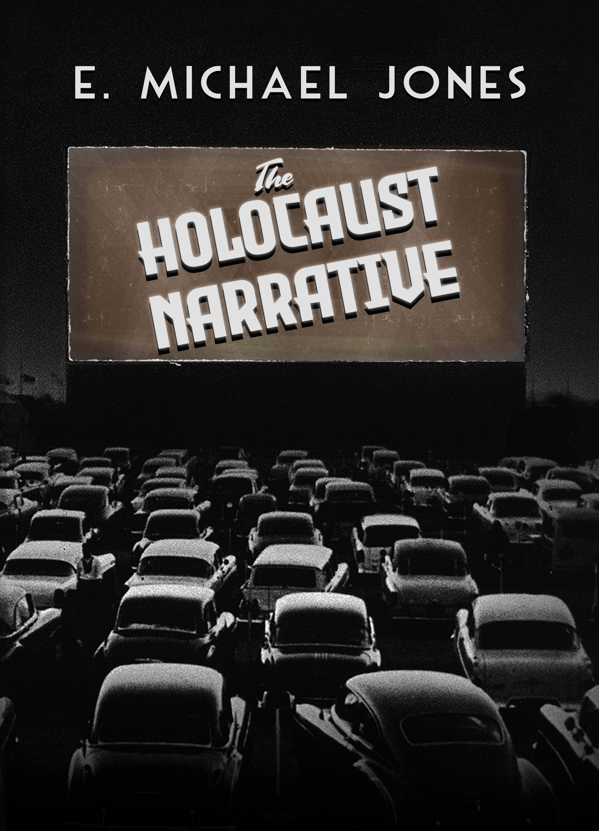Does Christ Hate Iran?
/After playing Jesus in Mel Gibson’s blockbuster film The Passion of the Christ, actor Jim Caviezel became the poster boy for Catholics who wanted to use the film to share their faith. Playing that role also got Caviezel blacklisted from Hollywood films. In 2011, Caviezel told First Baptist Church in Orlando, Florida that he had “been rejected by my own industry” after playing Christ in Gibson’s film. Responding to Gibson’s warning that “you’ll never work in this town again,” Caviezel said, “we all have to embrace our crosses,” and went ahead with the role, only to learn that “Jesus is as controversial now as he has ever been” and that “not much has changed in 2,000 years.” Seven years after the release of The Passion of the Christ, Caviezel tried to put a Christian interpretation on the wreck of his career by claiming that “we have to give up our names, our reputations, our lives to speak the truth."
Caviezel, unfortunately, can’t distinguish between his reputation and his career because even if Passion wrecked his Hollywood film career (but not his ability to earn money on TV), it established his reputation as only a $600 million world-wide blockbuster could do. The film industry may have known about him after The Count of Monte Cristo, but the world recognized him after The Passion of the Christ.
This, of course, leads to the next question. If Caviezel is willing to risk his career “to speak the truth,” why did he become involved in an anti-Iranian propaganda film like the newly released and quickly forgotten Infidel? At this point, we will let Caviezel speak for himself, as captured during a Fox news report flogging the film:
First of all, my job is to get people into the theater. Second, how is this relevant today? It’s relevant because we have this thing call cancel culture and if Christians don’t watch out, it will be canceling Christianity as well because a lot of our pastors, our bishops, our priests, they’re laying right over; they’re letting their churches be burned. Alright, how do we know that? Well, it’s right there in the news. Statues being ripped down. They don’t say anything. And I watched a movie that Mel Gibson did, Braveheart, where you have the English, who are the bad guys, against the Scots, but the real bad guys were the guys who were collaborating. That’s why we’re in this situation right now. We can’t go to churches; we can’t go into our church. Why? Because it could get contaminated, right? So why are we on airplanes? I have friends that have committed suicide. I have [Navy] Seal buddies who have lost seven of their friends, committing suicide, and would it have helped to get into a church especially during this time? Absolutely. And is it good for mental illness? Yes, it is. The collaborators in our faith, this is where the persecution starts. You’ve got to have guys in your faith that won’t stand up to the governors, that won’t stand up to the mayors. And that’s why the Gospels are very much alive right now. I got to play Jesus. Some of us love Peter or Paul. But there are many of us now who are flat out Judases, okay? Or they’re Pontius Pilates or they’re Pharisees, and it’s a bloody shame if you can’t tell the difference between a priest or a bishop and a politician. And it’s really sad, but this is called luke-warmness. And Christ has a very special place for them, and they know it.
After the awkward pause which ensued when Jim ran out of things to say, Shannon Bream, the Fox News Info Babe, jumped in and opined: “Well, we’re out of time, but it’s important for us to be sharing our faith.” Jim then signed off with a disgusted look on his face. Or was it frustration at having been so inarticulate? Or was he frustrated by the fact that he was trying to make sense of a film that was as inarticulate in its way on the screen as he was on Fox News. So why are we on airplanes, Jim?
Infidel is certainly a film about how “it’s important for us to be sharing our faith.” In Infidel, Caviezel plays a “Christian blogger” who gets betrayed by an Iranian friend, who in spite of his secular banter at a birthday party for his daughter is a violent Islamic fundamentalist. We find this out later when the cops remove one of the Persian carpets on his wall, revealing the door to his secret Islamic man-cave, a room replete with a picture of the late Qasem Soleimani and another picture of himself preparing to fire an rpg at the same type of infidel he just invited to his daughter’s birthday party. During the course of the party, the Iranian father becomes upset with his daughter, who is dating an infidel who drives a fast car and nearly rear-ended the car which Caviezel and his wife drove to the party. The daughter mysteriously disappears, and we learn later that her father, the admirer of General Soleimani, murdered her for assimilating in the same way that he did into Washington society, or was it for her lack of duplicity? Either way, the point is clear. You can’t trust an Iranian. They may talk a good game, but sooner or later they will reveal their true colors.
[…] This is just a short excerpt of the full article in the October Issue of Culture Wars Magazine.
Please Click Below to purchase and download a copy to continue reading.








